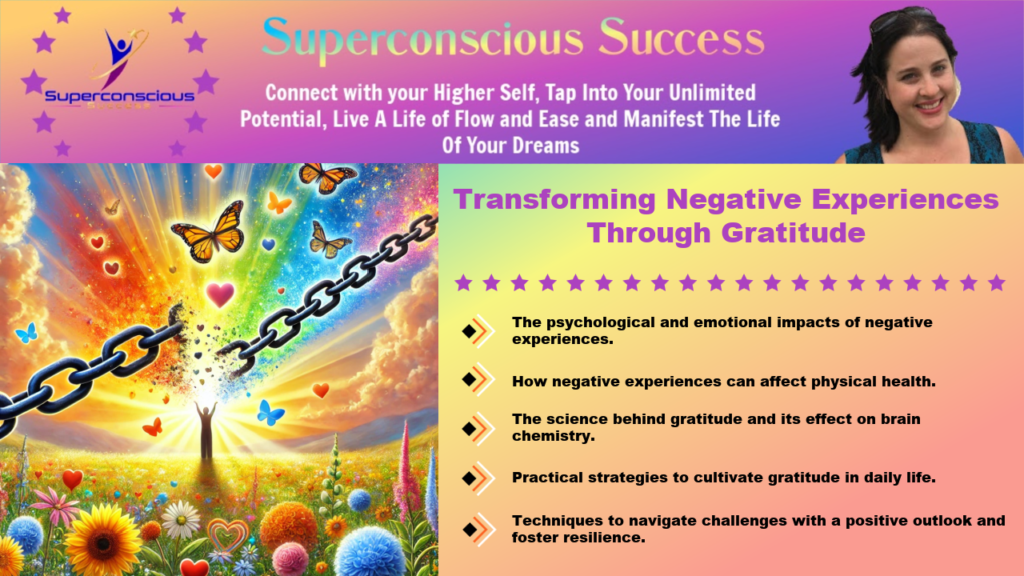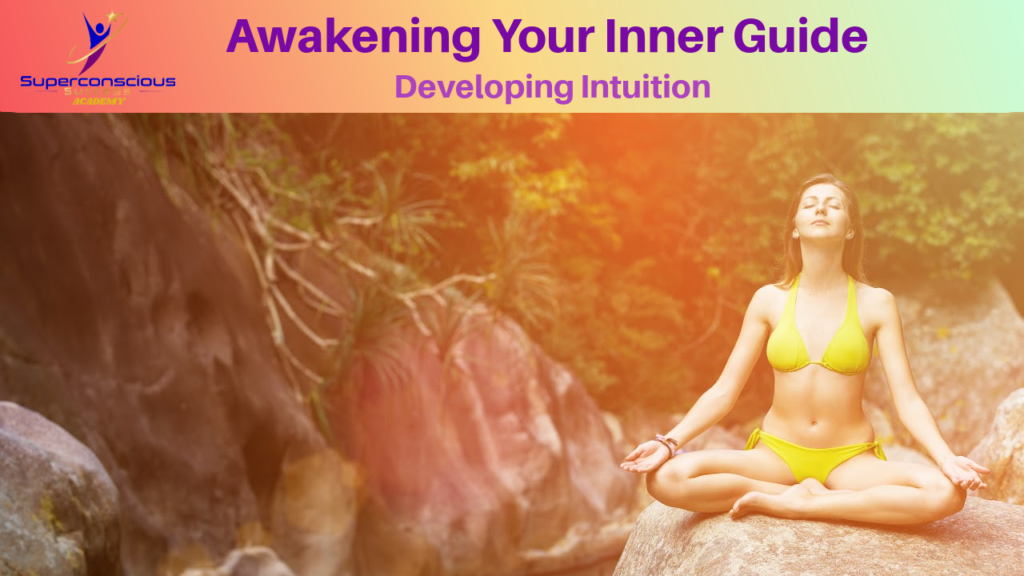
In this blog post, you’ll explore the profound effects of negative experiences and how they can impact your emotional, psychological, and physical well-being. You’ll gain insights into the science of gratitude, understanding how it can transform your brain chemistry and enhance your overall life satisfaction. Additionally, we’ll provide you with practical strategies for cultivating gratitude in your daily life, helping you navigate challenges with a more positive outlook. By the end of this post, you’ll have a deeper understanding of how to address negative experiences constructively and incorporate gratitude practices to foster resilience and emotional balance.
Negative experiences are those moments in life that trigger adverse emotional responses, often leaving you feeling overwhelmed, distressed, or disheartened. These can range from personal setbacks like job loss or relationship breakdowns to more severe traumas such as bereavement or natural disasters. Your perception of a negative experience can vary significantly, influenced by personal resilience, past experiences, and emotional health.
Psychologically, negative experiences can trigger responses like stress, anxiety, and depression. Stress is your body’s immediate reaction to a perceived threat, activating the fight-or-flight response. If not managed effectively, chronic stress can evolve into anxiety, characterized by persistent worry and fear. On the other hand, depression often manifests as a prolonged state of sadness and hopelessness, severely impairing daily functioning.
Emotionally, these experiences can erode your self-esteem and disrupt overall well-being. You may feel isolated, helpless, or angry, struggling to find a way forward. Moreover, the impact of negative experiences is not confined to your mind alone; they can also affect physical health. This can lead to issues such as insomnia, headaches, and a weakened immune system.
To cope, it’s common to seek social support, engage in physical activity, or employ mindfulness or relaxation techniques. However, not all coping strategies are constructive. Some might resort to substance abuse, denial, or avoidance, which can compound the problem and lead to more significant issues over time.
When negative experiences are not addressed constructively, the long-term effects can be profound. Unresolved emotional trauma can lead to chronic mental health conditions, strained relationships, and reduced quality of life. Therefore, it’s crucial to recognize and address these experiences proactively. By using healthy coping strategies and, if necessary, seeking professional help, you can better navigate adversity and foster resilience. Building resilience is key to facing life’s challenges, and those who cultivate it often find themselves better equipped to bounce back and thrive.

















